Everyone who knew about escalating problems in the financial system had a moral obligation to voice their concerns, but no one did. That is not a good reflection on business ethics.
All businesses claim to be ethical but the financial meltdown has revealed that a frightening number of institutions behave totally unethically. The results of this behaviour have completely destroyed confidence in the financial system, caused paralysis in money markets and dragged the world economy to the brink of disaster.
The whole system was complicit. From the brokers who sold mortgages to people they knew would never be able to repay them through to the investment banks that sold on those toxic debts. Greed seems to have infected all corners of the system and at no point was a warning given.
In light of these cataclysmic events there is a question. Is ethical business a myth? That was the subject of debate by a panel of experts assembled in London recently by CIMA, the professional accounting body.
The panel blasted the short-termism of the subprime lenders in the run-up to the crisis. ‘Making money took over any other business considerations, either to do with the people they were lending mortgages to or to the long-term health of their business,’ said Andrew Neil, chief executive of Press Holdings and presenter of The Daily Politics and This Week BBC shows.
Referring to the collapse of The Bank of Scotland, one of the UK’s oldest banks that had to be rescued by Lloyd’s TSB, he said: ‘Hundreds of years of values and traditions were swept away in a tide of easy money making.’
James Caan, chief executive of private equity firm Hamilton Bradshaw, blamed the rating agencies for their role in legitimising the dodgy investment products. ‘I recognise that the banks have clearly made mistakes. However, what I am more upset with is the fact that the rating agencies sanctioned those investments.’
“Hundreds of years of values and traditions were swept away in a tide of easy money making.
‘But the rating agencies were ‘bent’ in the first place,’ said panel chair Jon Snow, presenter of Britain’s Channel 4 News. Caan insisted the agencies should be able to provide the right information to investors. ‘When I buy a share, if I have to challenge every piece of information that I am presented with, I will never make a decision,’ he said.
‘Rating agencies were ill-equipped to deal with these new instruments,’ said writer and academic Noreena Hertz. ‘They did not have the expertise. They were used to rating countries or industries and, suddenly, they had these complex financial instruments.’
‘The rating agencies did not really understand what they were doing, but they were prepared to give AAA ratings to almost everything that came before them,’ added Neil. ‘They did not even know how to spell B. It was a Faustian pact, in which ethics were put to the side while everyone got rich in the short term,’ he said.
The problems were also put down to unfettered self-interest, which led the panelists to recommend better regulation to make companies more accountable and transparent. ‘Any industries or corporations that are found to be acting unethically will now be caught in the crossfire,’ said Hertz.
In a positive sounding, she said the financial crisis would hasten a major change in the way corporations are regulated. ‘There is a new global consensus that, in an interconnected world, self-interest cannot be allowed to be unchecked to the extent that it was. It is clear that we are entering a very new era of capitalism, one which will align even more clearly ethics with financial gains and losses.’





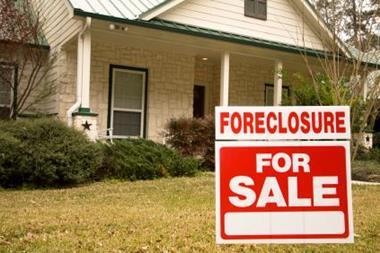
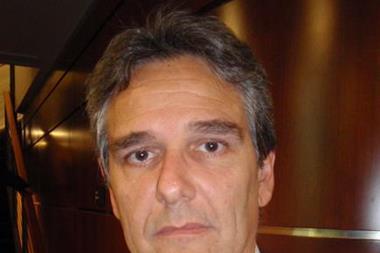
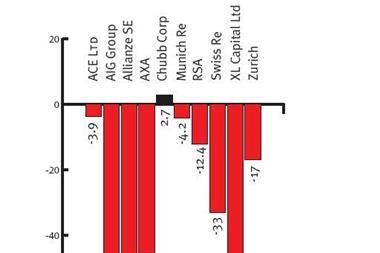
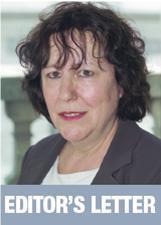
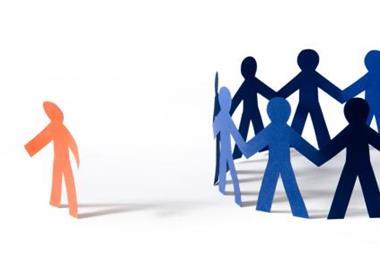
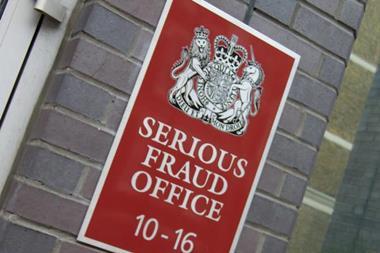









No comments yet